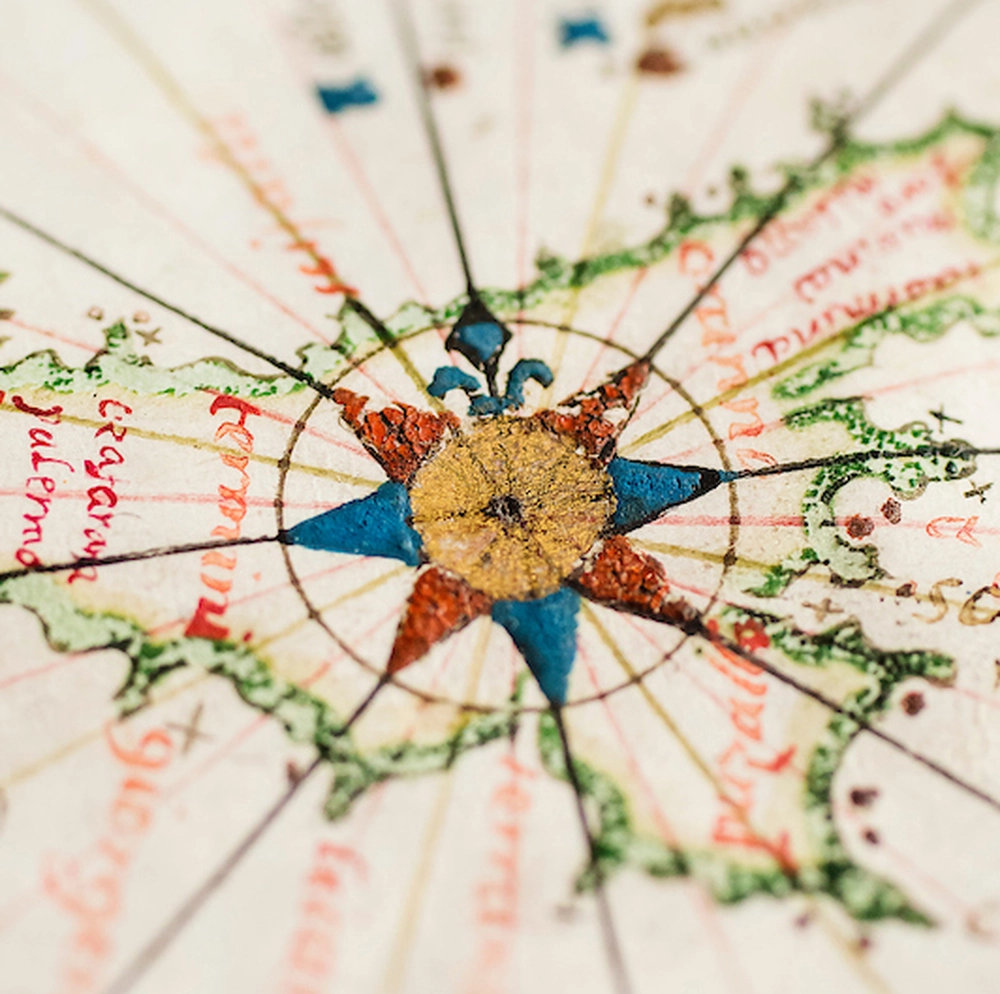
By GGIS majors Julia Cogan, Katie Niermann, and Zimo Xiao (BS, ‘22)
As members of the Epsilon chapter of the Gamma Theta Upsilon (GTU) Geographical Honors Society, we had the privilege of organizing the Spring 2022 Alumni Career Conversations series. It was a great opportunity to meet alumni (virtually) and learn about their experiences as we prepare to start our own professional journeys. We heard from alumni who apply their GIS and geospatial data skills and methods to public health, enterprise IT consulting, and critical infrastructure maintenance.
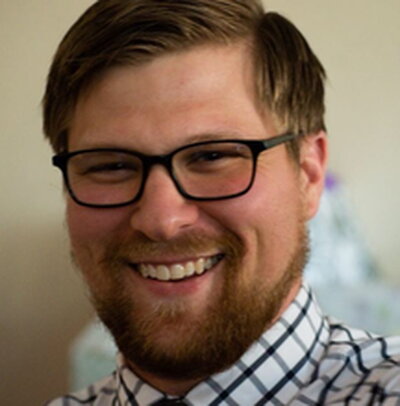
Kevin Berg (MA, '12) is a data scientist at the Colorado Department of Public Health and Environment, specializing in spatial epidemiology. "As GIS researchers, or in data science in general, your job is to analyze the data and communicate complex information in a way that is understandable to a wide variety of audiences," said Berg.
Reflecting on his academic path and the first decade of his career as a GIS researcher, Berg encouraged us to take applied statistical courses and build a foundation in programming languages such as R, Python, and SQL. He also suggested gaining hands-on data analysis experience through internships and undergraduate research.
Zimo Xiao (BS, ’22; computer science + GGIS), a senior at the time of Berg’s talk, was inspired to look for data science-related jobs that intersect with spatial analysis. "Kevin's story, research, and suggestions have inspired me to look for careers in many different industries such as epidemiology, logistics, and business analysis. He pointed out that many data science jobs don't even include the word ‘GIS’ in their job description, yet they can involve spatial analysis skills and methods that I have gained from my GGIS coursework," said Zimo.

Samuel James (BS, ’19; ESES and geography & GIS) returned for his second career conversation and spoke about his new position as Solutions Engineer with Axim Geospatial, an IT services and enterprise consulting firm. James uses geospatial and data management techniques to support a wide variety of clients, ranging from the federal government to mom-and-pop businesses. He attributes his success to a diverse educational background and encouraged us to explore our interests.
“Every day looks different; every project is different. But I really enjoy it,” said James. “You have to be good at time management. You also need to have confidence. Often, even if you’re not the expert in something, the client expects you to be. So, you have to be adaptive and willing to learn, and willing to try and explore new things.”
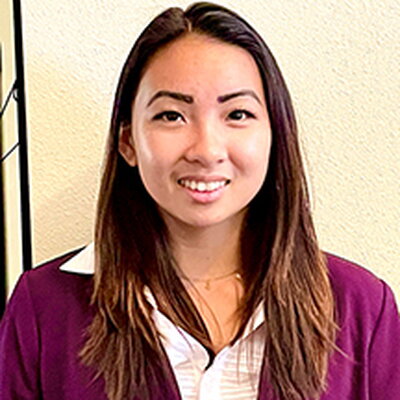
Esther Lin (BS, ’21; geography & GIS) recently began working as a GIS Analyst with Southern California Gas Company (SoCalGas), where she uses a variety of geospatial software to develop gas line location services and solutions. Lin started her career fresh out of college and is the youngest amongst her coworkers. She shared advice for others in similar positions. “If you’re new, don’t be scared to reach out to people and ask for help. You have to understand that the people who are already working there are just so focused on their job that they forget about the new people unless you reach out to them,” Lin said.
She shared how classes like GGIS 379 – Introduction to Geographic Information Systems and GGIS 380: Spatial Problem Solving opened her eyes to the power of GIS and recommended applying for departmental scholarships. “The Roepke Scholarship really strengthened my resume and set me apart from other candidates,” said Lin.
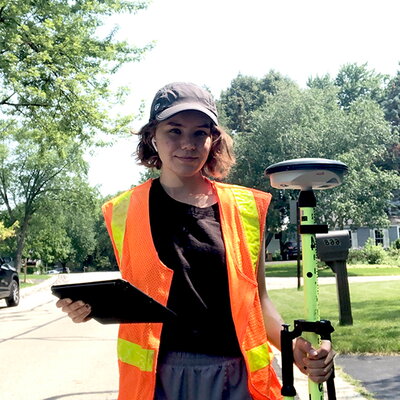
Valerie Nelson (BS, 2022) was as a Water System GIS/GPS Intern for the City of Batavia, Illinois in Spring 2021 and shared advice on finding and applying for similar internships. This experience helped her realize that GIS techniques are used in a wide variety of industries. “Immediately my mind would go to big companies like Esri, but in reality there are GIS jobs almost anywhere. The range of places you’ll find GIS job openings is probably a lot bigger than you think so it is worth looking in many places,” said Nelson.
She pointed students to the Illinois GIS Association (ILGISA) job center, city websites, and emails shared by the department and the College of LAS with information about employment, internships, and scholarship opportunities. She also shared how important it is to highlight GIS experience, coding languages, and software expertise on our resumes.
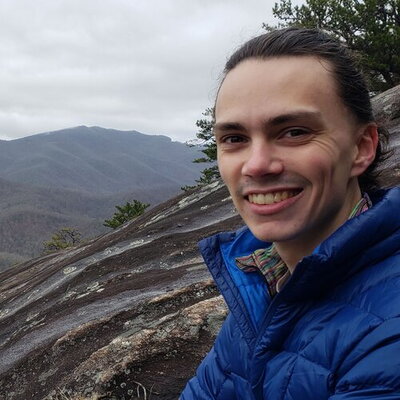
Our final Spring 2022 Career Conversation was with Duncan Anderson, a current GGIS master’s student who shared valuable input on a variety of internships he has held over the years. He encouraged us to regularly scout newsletters, job boards and talk to professors and graduate students as early as possible before the desired internship term; and also to apply to many different positions that are even remotely related to our interests. Finally, he stressed the importance of following up after submitting an internship application.
“You should reach out to show interest and ask questions since it really helps set you apart and be memorable. A past employer told me that this action was a large part in why I was selected for the opportunity,” said Anderson.
He concluded with a reminder that soft skills are very important to employers and to facilitating a good work environment. “You can teach anyone how to use a program, but you can’t teach someone to be a nice person.”